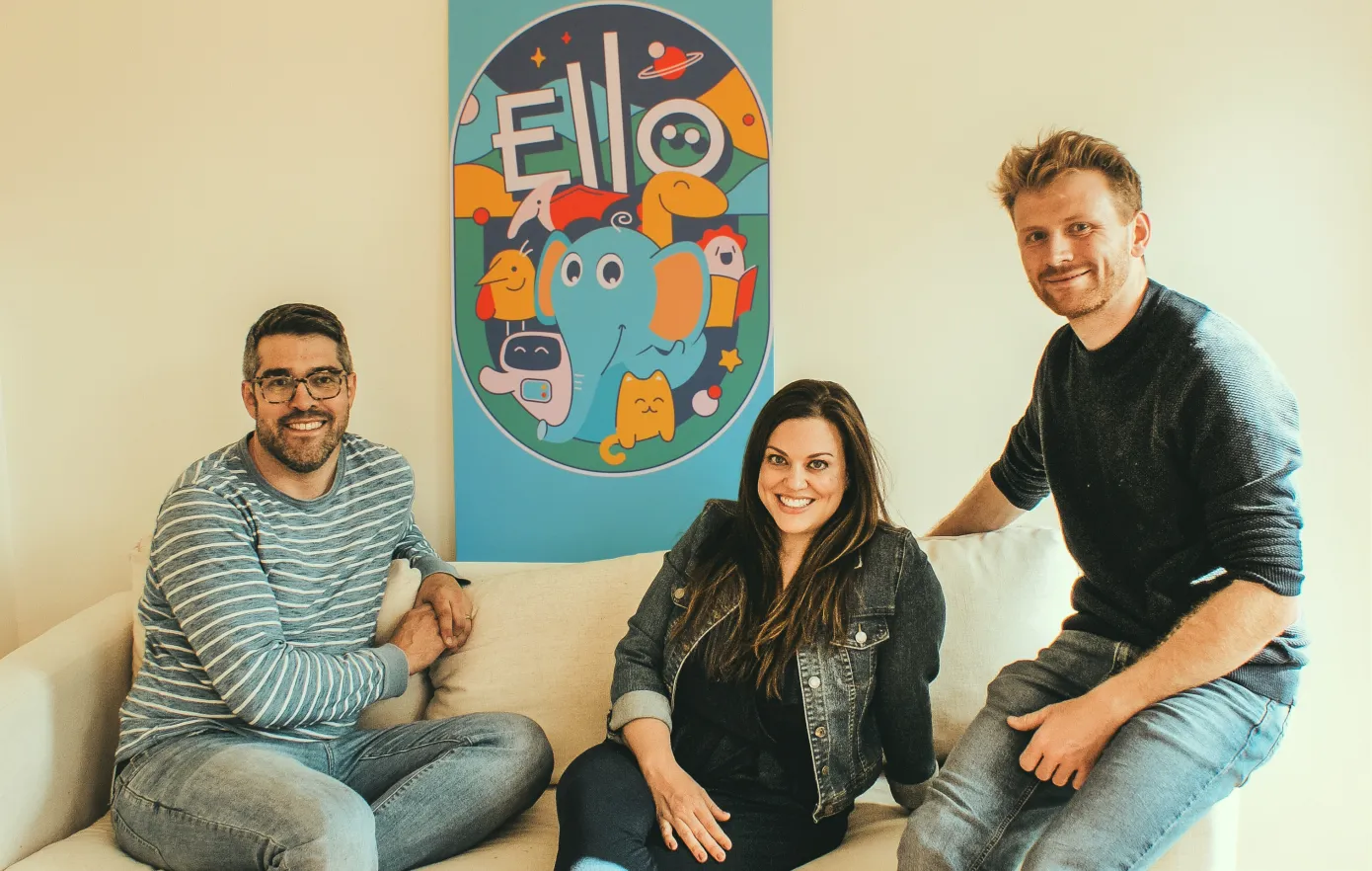AI reading coach comapny Ello secures $15M to bolster child literacy
A startup called Ello has secured $15 million in Series A financing to help eradicate childhood illiteracy. The company plans to leverage artificial intelligence and child speech recognition technology to offer 1:1 tutoring for kids. According to Coddy Johnson, partner at lead investor Goodwater Capital, Ello is a great company that has made radical leaps in AI technology. The funding will go toward product development and expanding access to consumers. Research has shown that 1:1 tutoring is kids’ most effective learning approach.

Ello provides a monthly book subscription service for children from kindergarten to Grade 3. For $24.99, parents can receive five books per month by downloading the Ello app. The app will determine the child’s reading level and interests through a series of questions, and reading experts will then select appropriate books for each child. For each additional child, parents can add them to their family account at $12.49 per month. Although the app is currently only available on tablets, the company is also working to make it available for smartphones.
Ello utilizes advanced technology to support children in improving their reading skills. When a child reads out loud, the AI-powered assistant listens and provides feedback to correct mispronunciations or missed words. Like a teacher, Ello waits until the child has completed reading before using phonics-based instruction to teach crucial reading skills. If a child requires additional assistance, they can tap on the question mark icon.
According to Dr. Elizabeth Adams, a clinical psychologist specializing in child development and behavior, parents would love to have a reading companion like Ello, which is always helpful and fair, even during frustrating moments. The app also incorporates gamification elements, allowing children to earn points for progress and exchange them for toys and prizes.
Adams and CEO Tom Sayer founded Ello in 2019, with engineer Catalin Voss as the third co-founder. Voss, a Ph.D. candidate in AI at Stanford University, has also successfully co-founded and sold two machine-learning startups, DukaConnect and Sension. Ello was launched in March 2020 through Y Combinator to partner with parents in their child’s development. However, after speaking with numerous parents, the founders discovered that the pandemic severely impacted how children were learning to read. A Stanford University study from 2021 found that reading fluency among second and third-graders in the U.S. was approximately 30% behind what was expected during a typical year.
According to Adams, her daughter struggled to learn to read online, prompting the idea for a better solution. Unlike other edtech companies, Ello does not rely on assessments or progress markers. While a similar startup, Amira Learning, created an AI reading assistant for educators, Ello is designed for at-home use.
The company focuses not on testing for comprehension but on sparking engagement and nurturing a love for reading, building confidence in children along the way. Ello claims their AI reading coach is superior to OpenAI’s Whisper and Google Cloud’s speech API. The app have already been used by over 10,000 families, with children reading more than 300,000 books.
Ello plans to expand its reach by partnering with schools and developing a classroom-specific product. Pilot programs are underway with around 30 San Francisco and New York schools.
According to Sayer, a company spokesperson, teachers and parents have different priorities when it comes to educational tools. While teachers are most interested in assessment data, the company also integrates generative AI into their app. Ello, the company’s flagship product, is also being tested in German.
The company has made efforts to ensure that its underlying technology, self-supervised learning, is not biased and has rigorously evaluated its performance across different demographics. Goodwater Capital, Reed Hastings, Common Sense Growth, Homebrew, and Ravensburger participated in a recent funding round, adding to the existing funding from Project A, Y Combinator, WndrCo, Reach Capital, Visible Ventures, and Khosla Ventures.